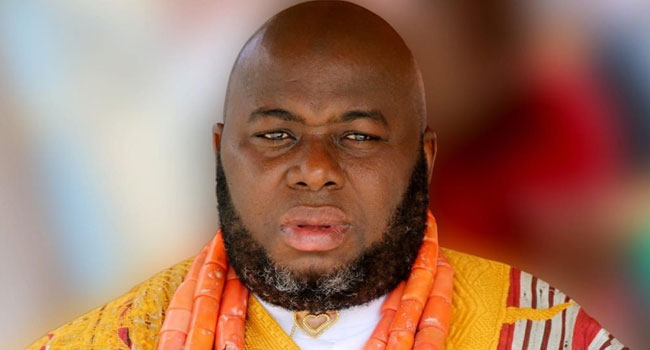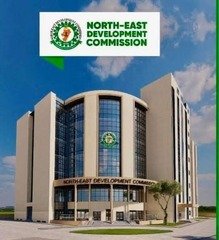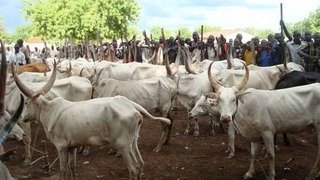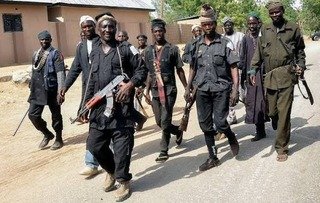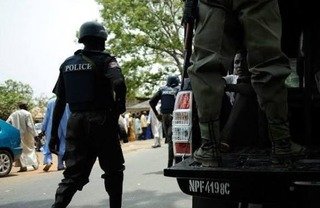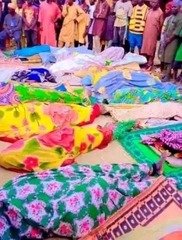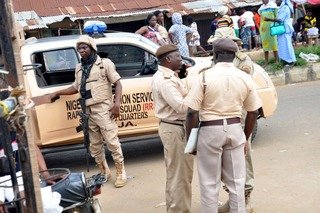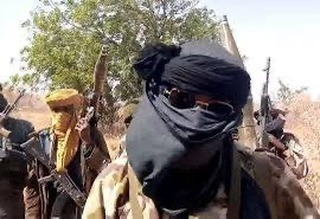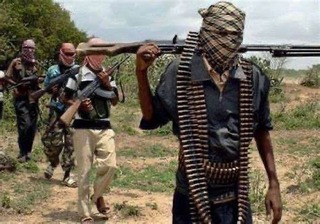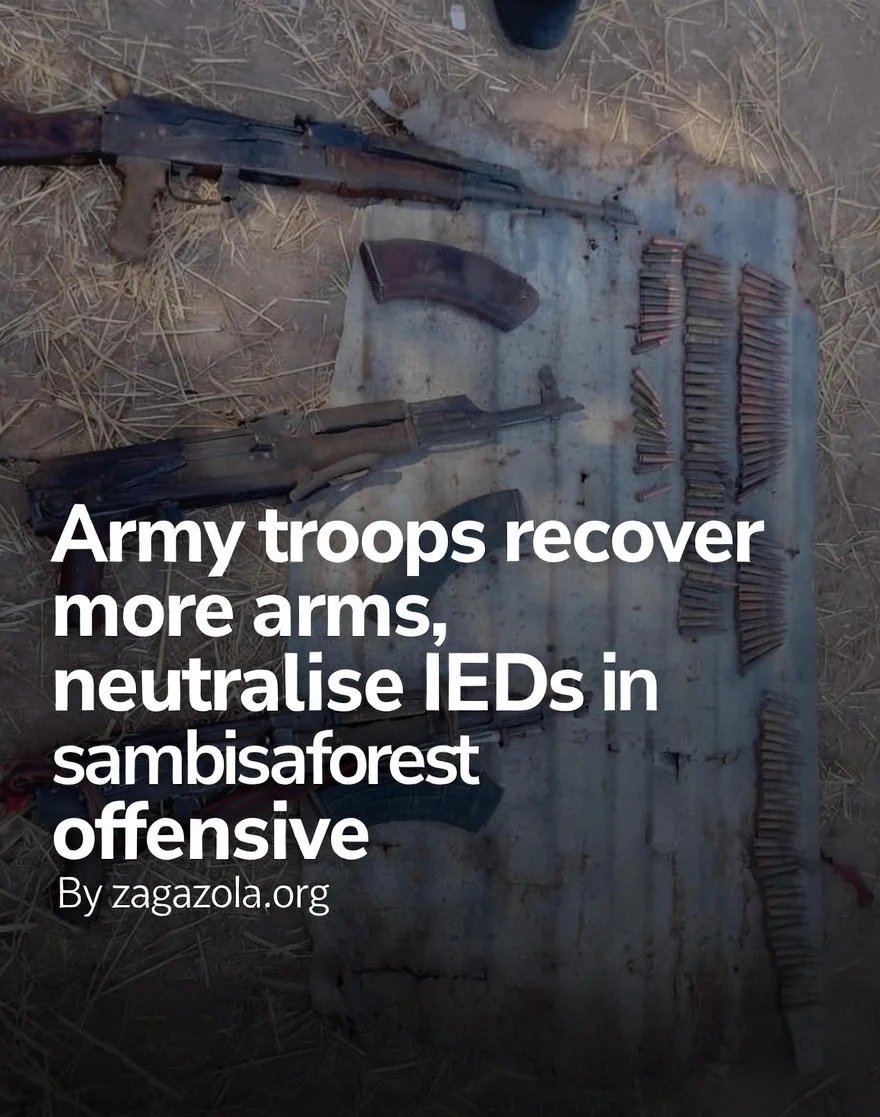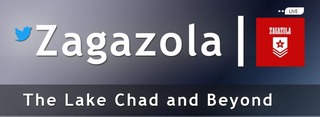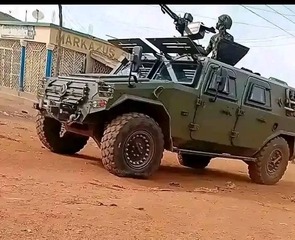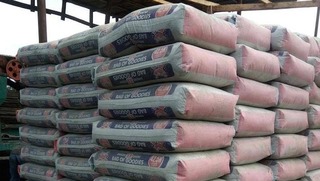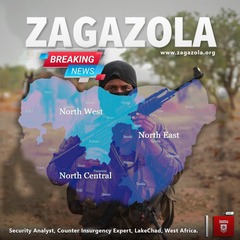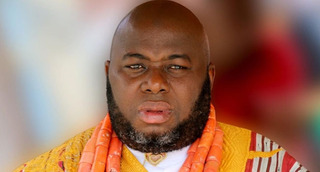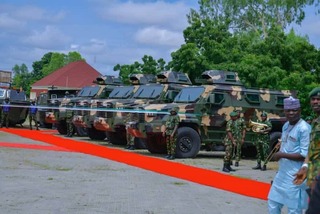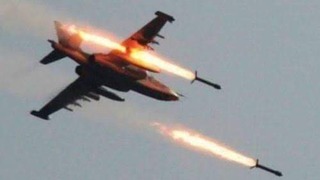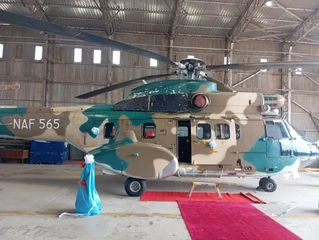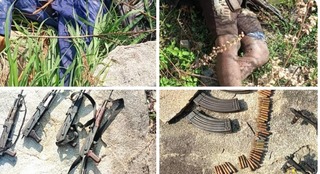Recurring herder-farmer clashes heighten ethnic tensions, threaten food security and national stability
By: Zagazola Makama
Nigeria is grappling with a dangerous resurgence of violent clashes between herders and farmers across the North Central, South West, South East, and South South zones of the country. These recurring confrontations, often laced with ethnic and religious undertones, are assuming alarming proportions, with rising casualties, destruction of livelihoods, and increasing calls for mass mobilisations that threaten national unity.
Recent developments, particularly in Benue, Plateau, Taraba, and parts of the Niger Delta, indicate a disturbing pattern of reprisal killings, destruction of farmland, and the killing of livestock. The attacks have evolved from isolated incidents into recurring waves of violence, raising fears of an orchestrated attempt by some actors to weaponise these conflicts for political advantage ahead of the 2027 general elections.
On May 20, the Tiv Area Traditional Council held an emergency meeting at the Tor Tiv Palace in Gboko, Benue State. Chaired by the Tor Tiv, His Royal Majesty Orcivirigh Professor James Ortese Iorzua Ayatse, CFR, the meeting highlighted the dire security situation affecting farmers in the Tiv Kingdom.
A communique issued at the end of the meeting stated that farming activities had come to a complete halt in key local government areas including Kwande, Katsina-Ala, Logo, Ukum, Guma, Makurdi, Gwer-West, Gwer-East, and Buruku due to repeated attacks by suspected herders. Fearing for their lives, farmers have abandoned their lands at the peak of the planting season.
“If this situation continues, it will result in hunger and exacerbate the food security crisis in the country,” the traditional council warned.
In a rare move, the Council appealed to all herders in Tiv land to vacate the area peacefully before the end of May 2025. It also called on political and traditional leaders at the local level to facilitate the peaceful exit of herders to allow for the resumption of farming.
Barely hours after the communique, residents of the Odugbo area in Benue reported heavy gunfire on the night of May 20. Security sources confirmed the attack as a suspected “probing assault” by herdsmen firing from surrounding bush areas. The Nigerian Security forces, in collaboration with vigilantes, repelled the attackers, and security was beefed up in the area. However, locals remain on edge, with many interpreting the attack as a warning shot in response to the Council’s resolution.
Asari Dokubo’s incendiary video raises national concerns
Adding fuel to the volatile mix, a video surfaced on May 21 featuring ex-Niger Delta militant leader Alhaji Mujahid Asari Dokubo. In the video, which has gone viral on social media, Dokubo claimed that there is a coordinated influx of herders from the Sahel, specifically from the Fouta Djallon region, into the South-South, South-West, and South-East regions.
He alleged that the aim of the herders is territorial conquest, warning that their presence is a deliberate plan to displace indigenous populations. Calling on his supporters to “strategise and act,” Dokubo’s remarks have sparked widespread fear and renewed calls for regional mobilisation. Such rhetoric is inflammatory and capable of inciting violence, particularly among vulnerable youths in the oil-rich region.
Although official statistics remain limited, the increasing frequency of attacks reported in newspapers, social media, and national broadcasts reflect a disturbing reality on the ground. States like Plateau, Taraba, Benue, and Kwara continue to witness near-daily confrontations between farming communities and nomadic herders, with government forces often overstretched and unable to maintain peace.
There are credible indications that communities on both sides are stockpiling arms in anticipation of further hostilities. The situation is worsened by the apparent complicity of some government officials, elder statesmen, traditional rulers, and clerics who are either turning a blind eye or actively inciting conflict under the guise of ethnic or religious solidarity.
With political campaigns for 2027 already underway, fears are growing that the crisis may be manipulated by unscrupulous actors to destabilise certain regions and sway electoral outcomes.
The Federal Government must take urgent steps to douse tensions and restore calm. The government must be decisive against inciting comments by public figures. They should look into the possibility of activating of a structured dialogue mechanisms between herders and farmers, and the deployment of joint peace committees in volatile states.
Furthermore, there is an urgent need to strengthen border surveillance in collaboration with neighbouring countries. Nigeria’s porous northern borders continue to allow the unchecked movement of armed elements from the Sahel region, thereby worsening the local crisis.
Unless decisive action is taken, the ongoing farmer-herder conflict threatens to erode Nigeria’s fragile unity, aggravate the already precarious food security situation, and escalate into a broader ethno-religious crisis. The current trajectory points not just to isolated communal clashes but to a coordinated breakdown of intercommunal trust.
Only multi-level approach combining diplomacy, intelligence, border security, and sincere dialogue can avert a full-blown national crisis.
Zagazola Makama is a Counter Insurgency Expert and Security Analyst in the Lake Chad Region

